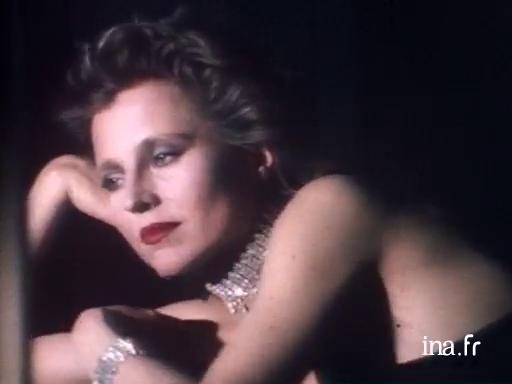Hanna Schygulla plays Lili Marleen

Information
Portrait of Hanna Schygulla, who talks about Fassbinder's film "Lili Marleen", the eponymous song, and the reactions that the film will surely provoke in German society.
Context
In 1936, German realist singer Lale Andersen discovered "Chanson d'une Jeune Sentinelle", a 1917 poem, and put it to music. The album was not a success, but later on, during World War II, the song worried the Nazi party while being of great comfort to the Wehrmacht soldiers. German filmmaker Rainer Werner Fassbinder (1945-1982) was inspired by Andersen's memoirs for Lili Marleen, a political melodrama on social advancement during the Wilkie war, which breaks into a song in a Munich tavern before working the 3rd Reich soldiers into a frenzy. Fassbinder made another film, similar to The Marriage of Maria Braun which he made two years earlier with the same Hanna Schygulla.
Born in 1943, the German actress played in theatre and shot around twenty films with Fassbinder, including her very first ones, Le Bouc and Love Is Colder Than Death (1969), and she is still considered to be the filmmaker's muse even though her career continued far beyond his death.



















